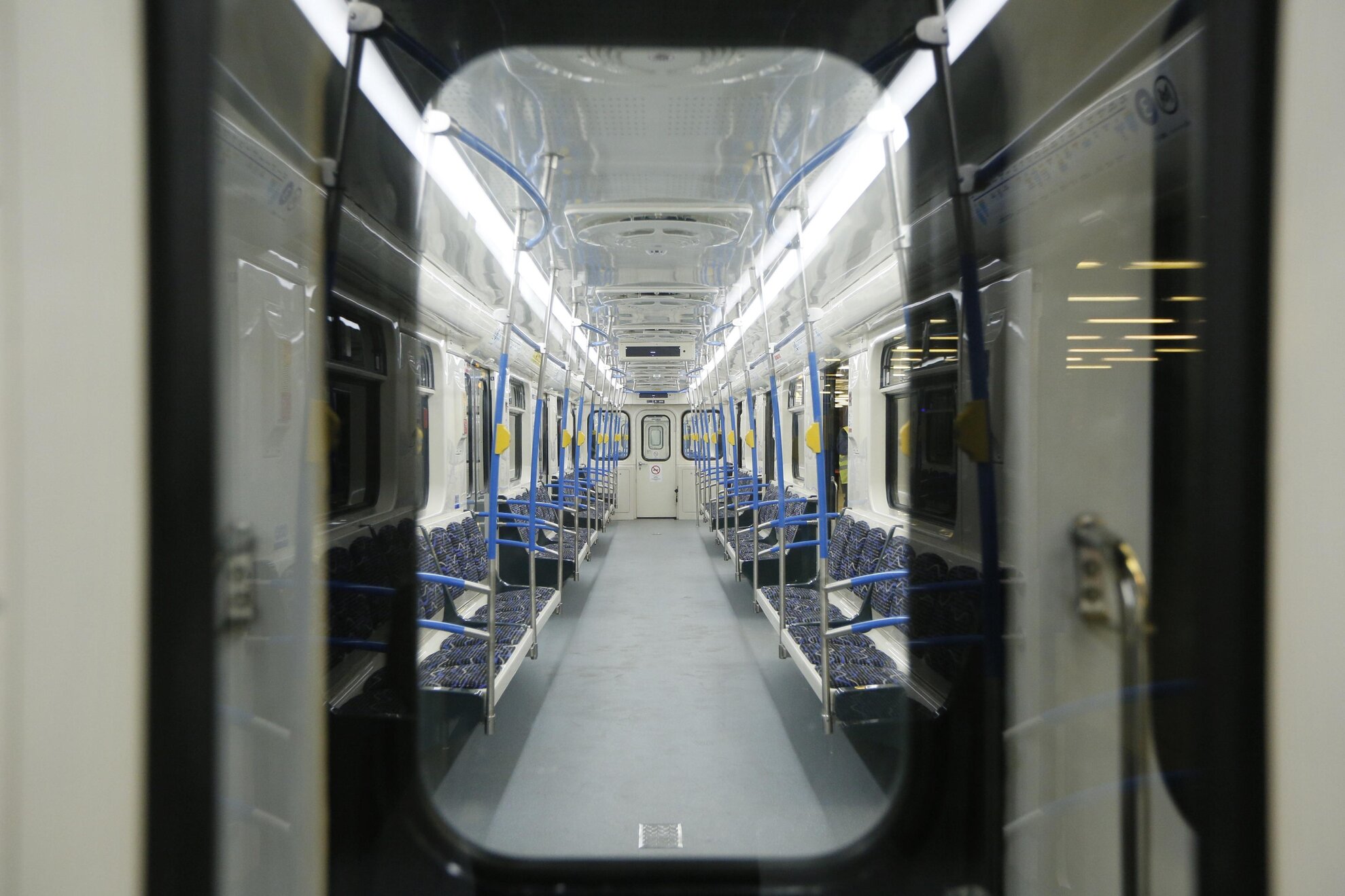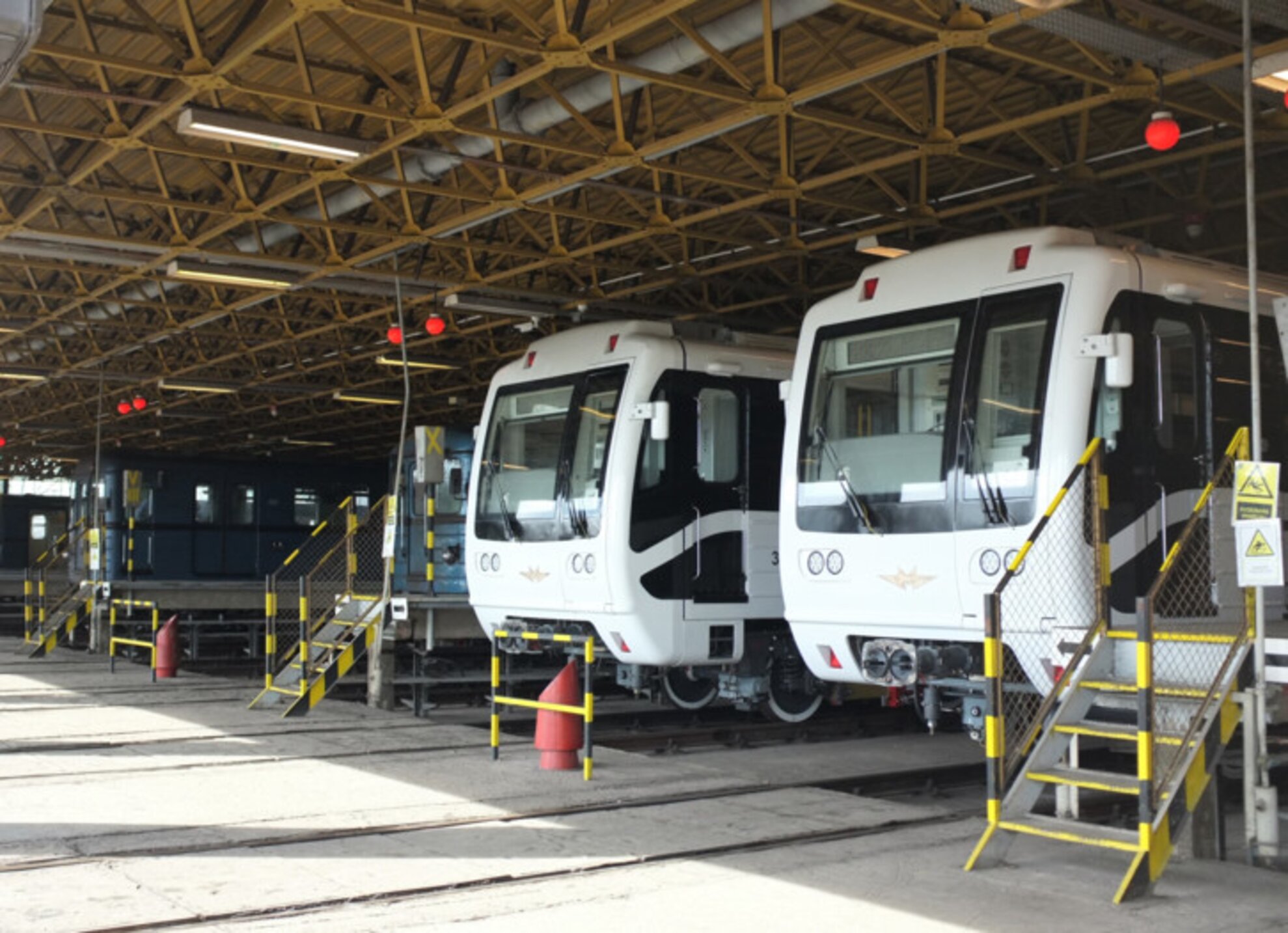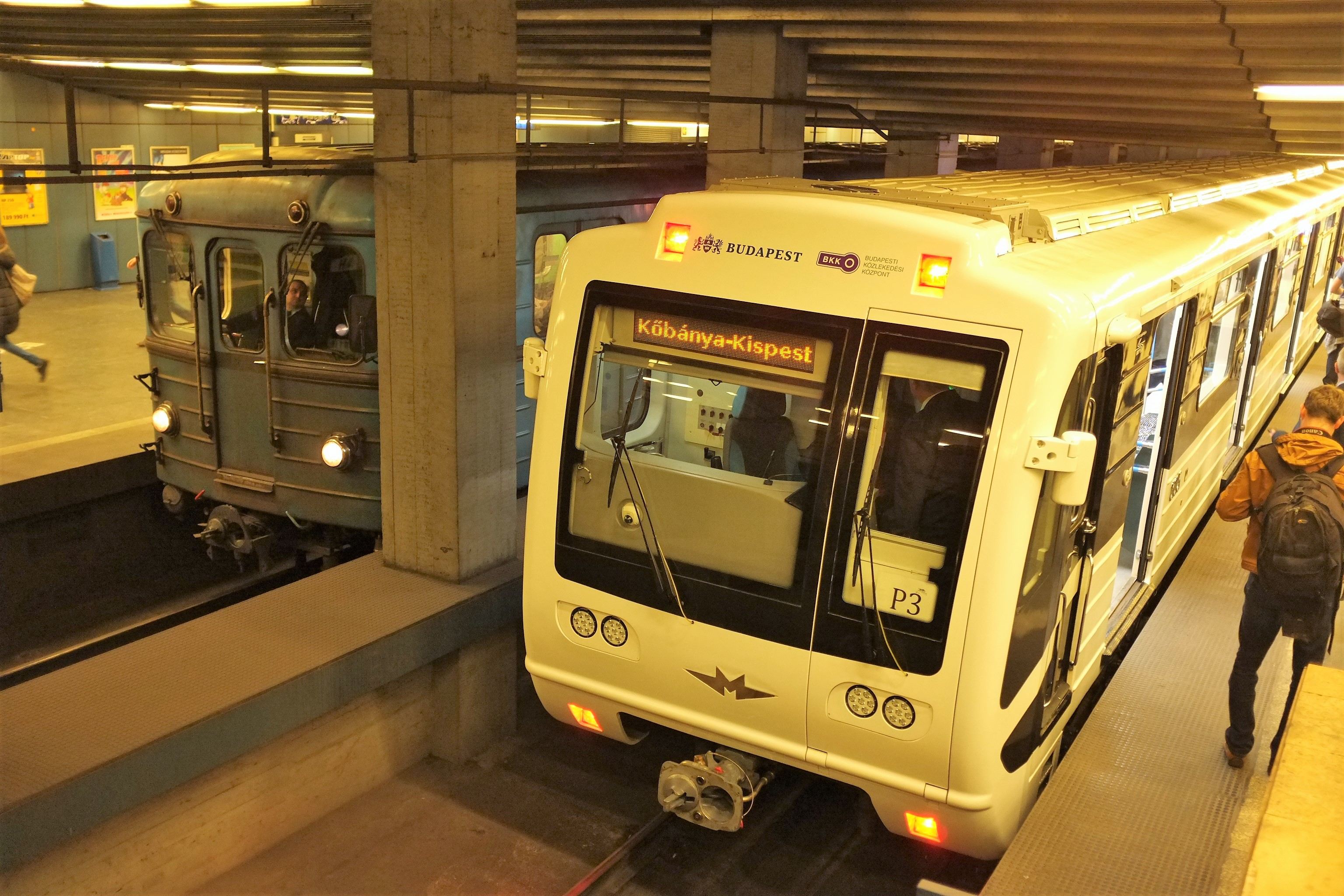For multiple decades now, the Soviet-produced semi-retro metro cars of Budapest’s M3 line have continually delivered some 500,000 daily passengers along its 17-kilometer-long route connecting northern Pest with downtown and southern Pest near the Budapest Airport, despite the rolling stock’s obvious wear and obsolescence. In recent years, Budapest’s public-transport officials pledged to modernize the stations and subway cars of the M3 line, announcing that the decades-old trains would be gradually taken to Russia for comprehensive refurbishment by the Metrowagonmash company, and then these improved carriages would be returned to Budapest and put back into operation. At a ceremonious press event in March, the first one of these upgraded subway cars was revealed to the public immediately before its launch into regular service.

However, soon after this relaunch ceremony, major problems plagued the “improved” subway cars – among other technical difficulties, doors on both sides of the carriages would open at the same time at metro stops, or the doors would not open at all, trapping passengers inside. In light of these serious safety concerns, the quality of these vehicles was called into question by the Hungarian media – there was even speculation that these were not Budapest’s original M3 metro cars, but brand-new Russian-made rolling stock that was built at inferior standards to the new trains by France’s Alstom company that were recently produced for Budapest’s M2 and M4 lines. Considering that Alstom provided that improvement project’s 170 subway cars for 247 million euros, and the Russian deal to refurbish the M3 trains cost 220 million euros, the wisdom of the M3 renovation plan has been severely criticized.

Nonetheless, according to the BKV press statement received yesterday by We Love Budapest, Metrowagonmash has successfully completed the technical examinations demanded by Hungary’s Ministry of National Development in response to the difficulties, and this fresh fleet is now ready for public usage beginning today. We hope that all of the glitches have now been successfully resolved, and that we can enjoy smooth rides on the M3 metro from now on… although we’re still grateful to be able to depend on the new airport shuttle-bus service that happened to be launched in recent weeks, just as the upgraded M3 cars were taken out of service.




